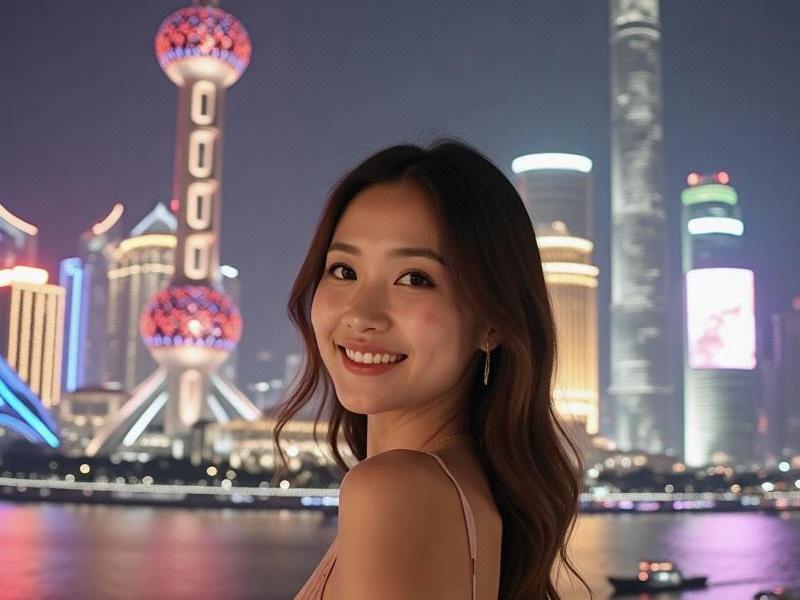This feature explores how Shanghai women are shaping a new paradigm of Chinese femininity, blending traditional values with global influences in one of Asia's most dynamic cities.

In the neon-lit streets of Shanghai, a quiet revolution is unfolding - the rise of the Shanghai Woman as a cultural archetype. More educated (72% hold university degrees), more financially independent (43% are primary household earners), and more globally connected than ever before, these women are rewriting the rules of Chinese femininity.
The Historical Context
Shanghai's unique position as China's first globalized city created the original "Shanghai Girl" phenomenon in the 1920s - Western-educated, qipao-wearing socialites who smoked cigarettes and debated literature in French Concession cafés. Today's generation carries this legacy forward through digital platforms and corporate boardrooms rather than tea houses.
Three Defining Characteristics:
上海花千坊爱上海
1) The Style Paradox
Shanghai women master the art of sartorial juxtaposition - pairing ¥30,000 Hermès handbags with ¥300 local market finds. The city's fashion week now rivals Paris and Milan in avant-garde presentations, while underground designers like Xiao Li redefine "Made in Shanghai" aesthetics. The typical Shanghainese woman owns 7.2 pairs of shoes (versus the national average of 4.3), according to 2024 Alibaba data.
2) The Education Advantage
上海夜网论坛 With Shanghai's PISA scores consistently topping global rankings, local women leverage educational excellence. Fudan University reports female students now dominate traditionally male fields - comprising 61% of computer science majors and 58% of MBA candidates. This academic prowess translates to professional success: women hold 39% of senior positions in Shanghai-based Fortune 500 companies.
3) The Marriage Calculus
The average Shanghai bride is now 31.2 years old (compared to 25.8 nationally), reflecting deliberate life planning. Matchmaking parks see professional women posting requirements like "Must appreciate my 80-hour work weeks." Yet traditional expectations persist - many still face pressure to "marry up" financially while maintaining career momentum.
上海娱乐联盟 The Digital Native Generation
Platforms like Xiaohongshu (Little Red Book) have given Shanghai women unprecedented influence. Beauty blogger "Ling Ling" (3.2M followers) can crash e-commerce sites by mentioning a lipstick shade, while finance vlogger "Ms. Yuan" educates women on venture capital investing. Their content reflects a sophisticated blend of lifestyle aspiration and financial literacy rarely seen elsewhere in China.
Cultural Challenges
Despite progress, Shanghai women navigate complex contradictions. They enjoy greater freedom than most Chinese women but still face scrutiny over life choices. The city's famed "leftover women" (shengnü) discourse persists, even as more women choose singlehood proudly. Workplace discrimination cases rose 22% last year, suggesting glass ceilings remain.
As Shanghai positions itself as a global capital, its women stand at the forefront - crafting an identity that's distinctly Chinese yet cosmopolitan, ambitious yet grounded, traditional yet revolutionary. Their evolving story offers a fascinating lens into China's social transformation.